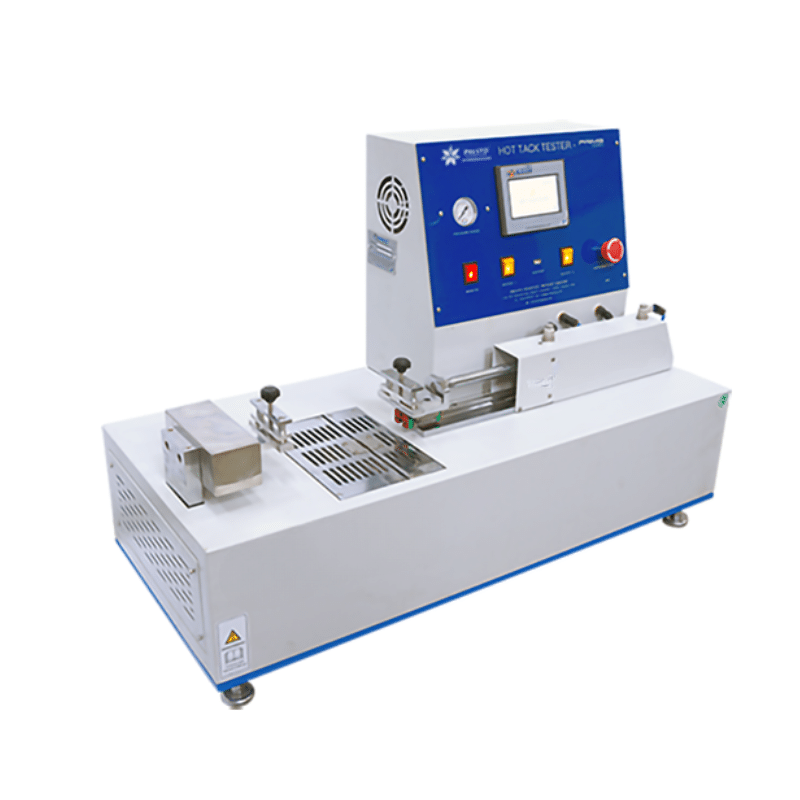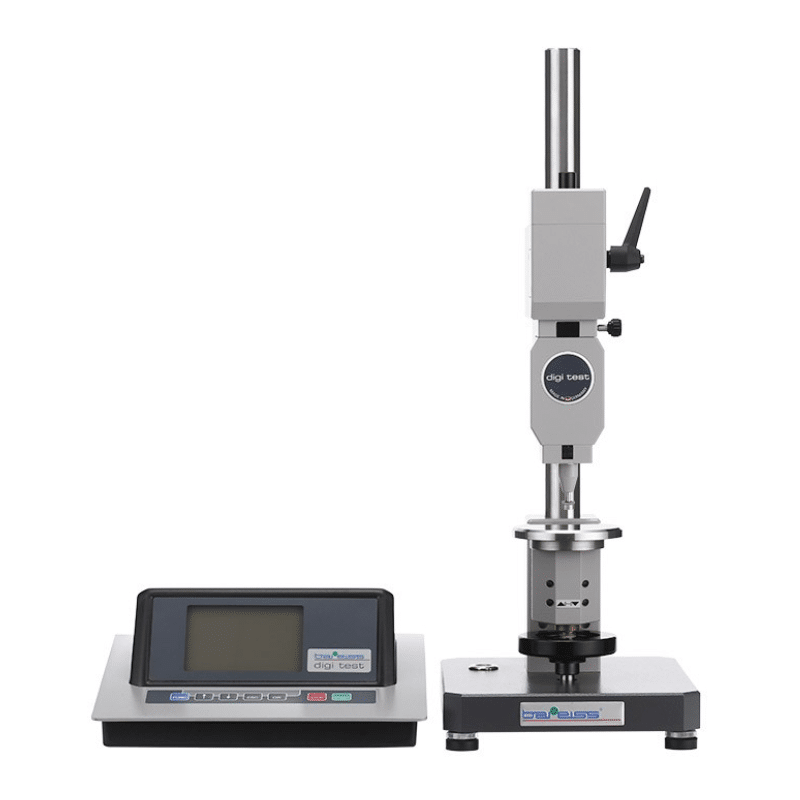Test Fixtures
Home » Test Machines » Plastic Testing Equipment
The use of plastic testing equipment is necessary when it comes to the characteristics of plastic products in terms of performance and long-lasting qualities. Application of modern plastic testing methods and various equipment testing procedure assist in the assessment of the properties such as tensile, bend and impact abilities.
Get Information on Spaghetti Production Line Manufacturers
Find Your Test Fixtures
Selecting suitable testing equipment helps improving the quality and durability of plastic materials. Reputable testing equipments manufacturers with complete solutions for the accurate analysis of plastics help the production sector adhere to quality standards. Tensile strength testing machines and impact resistance testers are examples of equipments that are used to test essential characteristics of plastics. Be it reliability, safety or conformity assessment testing, the equipment provides enhanced accuracy various functional capabilities that you may require. With the right manufacturers it is possible to simplify the testing of plastics and allow for products that work under real life holdings’ environments.

- Ensures durability of bottles under pressure.
- Precise pressure and load measurement.
- Compatible with various bottle sizes.

- Identifies flaws before mass production.
- Advanced tensile and impact testing capabilities.
- Durable construction for long-term use.

- Improves overall product performance and safety.
- Ensures compliance with environmental regulations.
- Quick and accurate test results.
Test Fixtures Technical Parameters
| Specification | Plastic Bottle Testing Equipment | Plastic Testing Machine | Plastic Tester |
|---|---|---|---|
| Purpose | Tests durability and quality of plastic bottles | Assesses various plastic material properties | Measures basic physical and chemical properties |
| Test Methods | Compression, leak, and stress testing | Tensile, impact, and melting point testing | Hardness, strength, and chemical resistance testing |
| Material Compatibility | PET, HDPE, LDPE | Broad range of plastic materials | Various general-purpose plastics |
| Precision Level | High | Advanced | Standard |
| Size/Portability | Desktop/portable options available | Larger machines for lab setups | Compact and portable |
| Industry Applications | Beverage and packaging industry | Manufacturing, research labs, and quality control | Educational and small-scale testing |
| Power Source | Electric/Battery-powered options | Electric | Manual/Electric options |
Application of Test Fixtures
Tensile Testing
Impact Testing
Hardness Testing
Thermal Analysis
Flexural Testing
Frequently Asked Questions
Plastic testing typically involves subjecting the material to various physical, chemical, and mechanical tests to evaluate its properties. This may include tensile testing, impact testing, thermal analysis, and chemical resistance tests depending on the material’s intended application.
A range of tools and instruments are used to measure plastic properties, including universal testing machines (UTMs) for tensile and compression tests, melt flow indexers for viscosity, durometers for hardness, and spectrometers for chemical analysis.
Plastic strength is tested using mechanical testing methods like tensile strength, compressive strength, and flexural strength tests. These tests are typically conducted with a universal testing machine, which applies controlled force to determine how much stress the plastic can withstand before deforming or breaking.
Plastic analysis often combines laboratory techniques such as spectroscopy, chromatography, and thermal analysis. These methods identify the material composition, molecular structure, and thermal behavior of plastics, helping manufacturers ensure performance and compliance with standards.
Testing the quality of plastic involves assessing mechanical properties, such as strength and flexibility, as well as evaluating thermal stability, chemical resistance, and consistency in composition. This is achieved through a variety of tests like tensile testing, thermal analysis, and visual inspections.
Plastics are tested per international standards, including ASTM (American Society for Testing and Materials) standards and ISO (International Organization for Standardization) standards. These standards outline uniform procedures for evaluating various properties of plastic materials to ensure reliability and quality.
